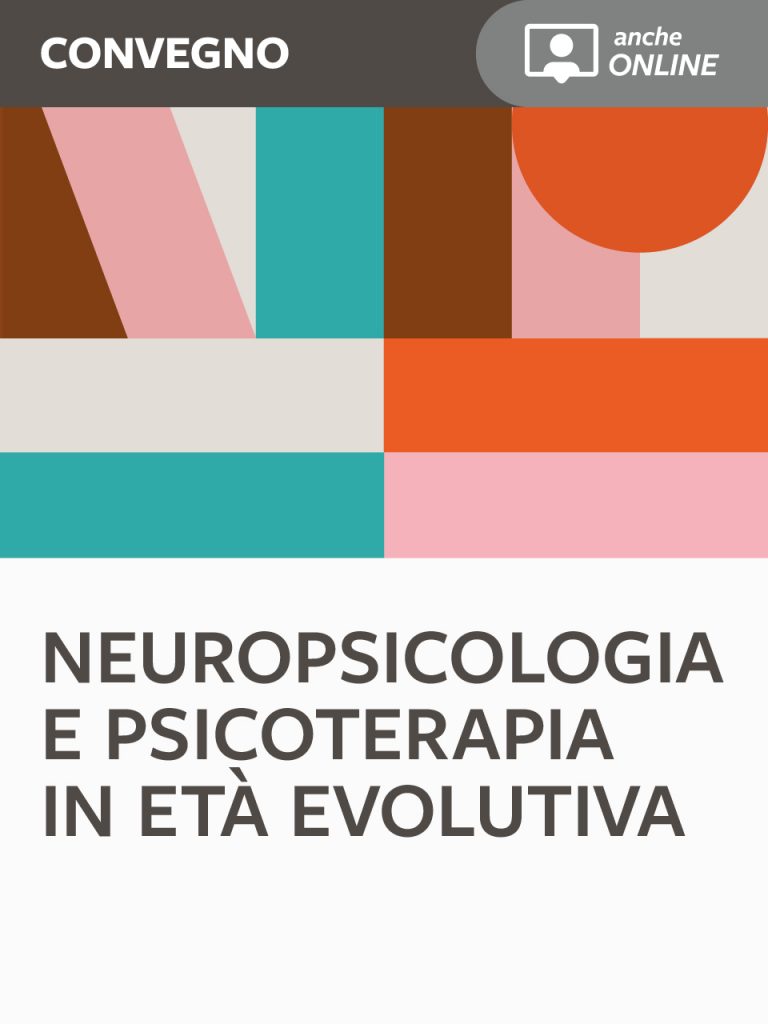Special Needs Tutor and technological tools.
Francesca Brognoli
The topic of Specific Learning Disabilities (SLD) has become increasingly important in Italian schools, and the growing number of students with SLD certification poses a challenge for educational institutions and the wider social network. To ensure effective school inclusion, it is essential that special needs tutors, who work in collaboration with institutions and families, receive adequate training to provide appropriate educational and assistive technologies. The role of the tutor is key in adapting teaching methods to meet the individual needs of students and in fostering their autonomy. Technology plays a crucial part in this process, as assistive tools become even more indispensable for academic success. However, SLD tutor training is not yet officially regulated, and the variety of available training programs may not guarantee consistent acquisition of the necessary skills. This study examines the preparedness of 238 special needs tutor in using assistive technology through an online self-assessment questionnaire, with the aim of improving school inclusion and promoting functional and effective educational opportunities. The results highlight discrepancies between theory and practice in the use of technologies by tutors, with digital competence often seen as an individual responsibility. It is suggested that more structured and collaborative training is needed to effectively address learning difficulties.
Keywords
Specific Learning Disorders, Special Needs Tutor, Assistive Technology, Training, Inclusion.

